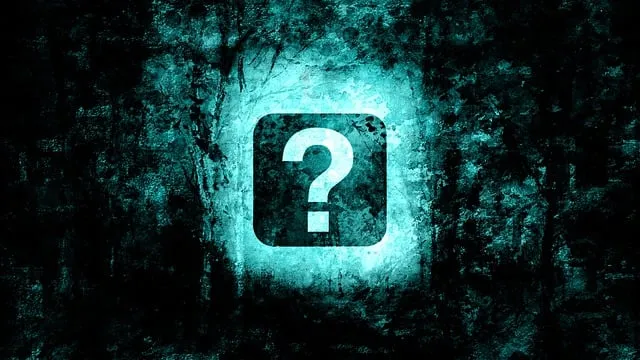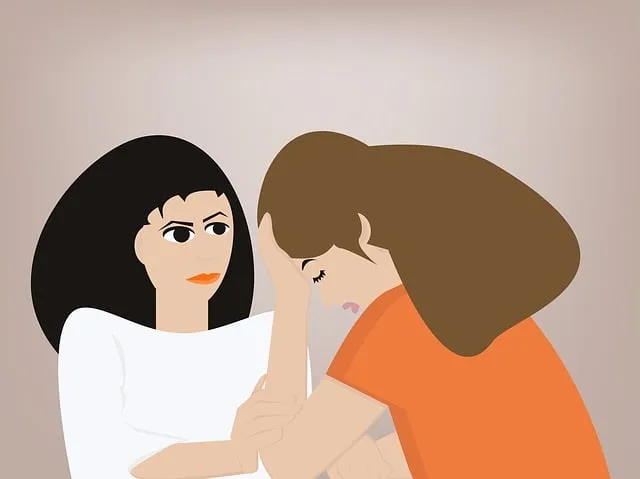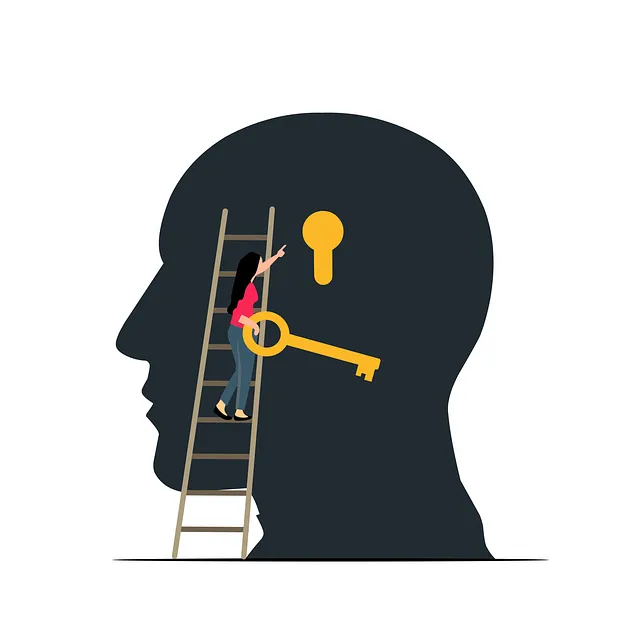Kaiser and Centennial utilize risk assessment to identify and address potential mental health dangers through structured programs like Mental Wellness Coaching, emphasizing early intervention and prevention. They foster a culture of mental wellness by integrating empathy-building strategies, self-care routines, stress management techniques, and accessible resources. Individuals can access support through online platforms offering harm minimization tools and education, crucial for well-being during challenging times, mirroring Kaiser's commitment to comprehensive mental health care across all locations.
“In today’s complex landscape, understanding risk assessment and implementing harm minimization planning are vital components of community well-being. This comprehensive guide aims to equip folks with essential knowledge in this realm. We explore two prominent frameworks: The Kaiser Approach to Harm Minimization Planning and a step-by-step guide on accessing mental health support through Centennial’s resources. By delving into these strategies, ‘how to get mental health help’ becomes more accessible, fostering a healthier and safer environment for all.”
- Understanding Risk Assessment: A Comprehensive Guide
- The Kaiser Approach to Harm Minimization Planning
- Practical Steps for Accessing Mental Health Support via Centennial How to Get Mental Health Help
Understanding Risk Assessment: A Comprehensive Guide

Understanding Risk Assessment is a fundamental step in any comprehensive plan for harm minimization. It involves meticulously evaluating potential dangers and their likelihood, allowing organizations like Kaiser to proactively address issues before they escalate. By examining various factors, from historical data to expert opinions, Centennial offers a structured approach to identifying risks associated with mental health concerns. This process is crucial in creating effective strategies aimed at Anxiety Relief.
Through its Mental Wellness Coaching Programs Development, Kaiser leverages risk assessment to design tailored interventions. Similarly, the organization’s Mental Health Education Programs can be enhanced by this knowledge, empowering individuals to recognize and manage their own risks. By integrating these practices, Kaiser contributes to fostering a culture of mental wellness, ensuring that help is accessible for those in need, just as it does with its extensive services across various locations.
The Kaiser Approach to Harm Minimization Planning

The Kaiser Approach to Harm Minimization Planning emphasizes a holistic and proactive strategy for addressing mental health concerns within communities. This approach, inspired by the resources and initiatives of Kaiser Permanente, focuses on early intervention and prevention as key components. By integrating Empathy Building Strategies into their programs, Kaiser aims to foster understanding and connection, which are crucial in identifying individuals at risk and providing them with the necessary support.
Centennial communities can learn from this model by encouraging the development of a robust Self-Care Routine for Better Mental Health. This includes promoting stress management techniques, organizing regular Stress Management Workshops, and ensuring accessible resources for mental health education and care. Such initiatives aim to minimize harm by empowering individuals with tools to maintain resilience and seek help when needed, mirroring Kaiser’s commitment to fostering well-being across all aspects of life.
Practical Steps for Accessing Mental Health Support via Centennial How to Get Mental Health Help

Accessing mental health support is a vital step towards well-being, especially when navigating challenging times. At Centennial, Kaiser offers comprehensive resources to help individuals find the appropriate care. The first practical step involves recognizing when professional assistance is needed. This could be triggered by persistent feelings of sadness, anxiety, or any significant changes in behavior and emotions. Once identified, reach out for help; whether through a trusted friend or family member who can guide you, or directly contacting Trauma Support Services at Kaiser.
Centennial’s online platforms provide extensive information on available services, ensuring accessibility to those seeking support. They offer various programs tailored to different needs, including Self-Care Practices and Compassion Cultivation Practices, designed to foster resilience and promote mental wellness. By utilizing these resources, individuals can take proactive measures towards harm minimization, ensuring a healthier and more balanced life.
Risk assessment and harm minimization planning are essential components of comprehensive support, especially in addressing mental health concerns. By understanding these processes, as outlined in this article’s sections on “Understanding Risk Assessment,” the “Kaiser Approach,” and practical steps from Centennial and Kaiser, individuals can better navigate seeking mental health help. Remember that, by employing these strategies, we can foster a more supportive environment, ensuring folks receive the necessary assistance promptly. For those seeking guidance, exploring Centennial’s resources or adopting the Kaiser model can be transformative first steps towards healing and well-being.






